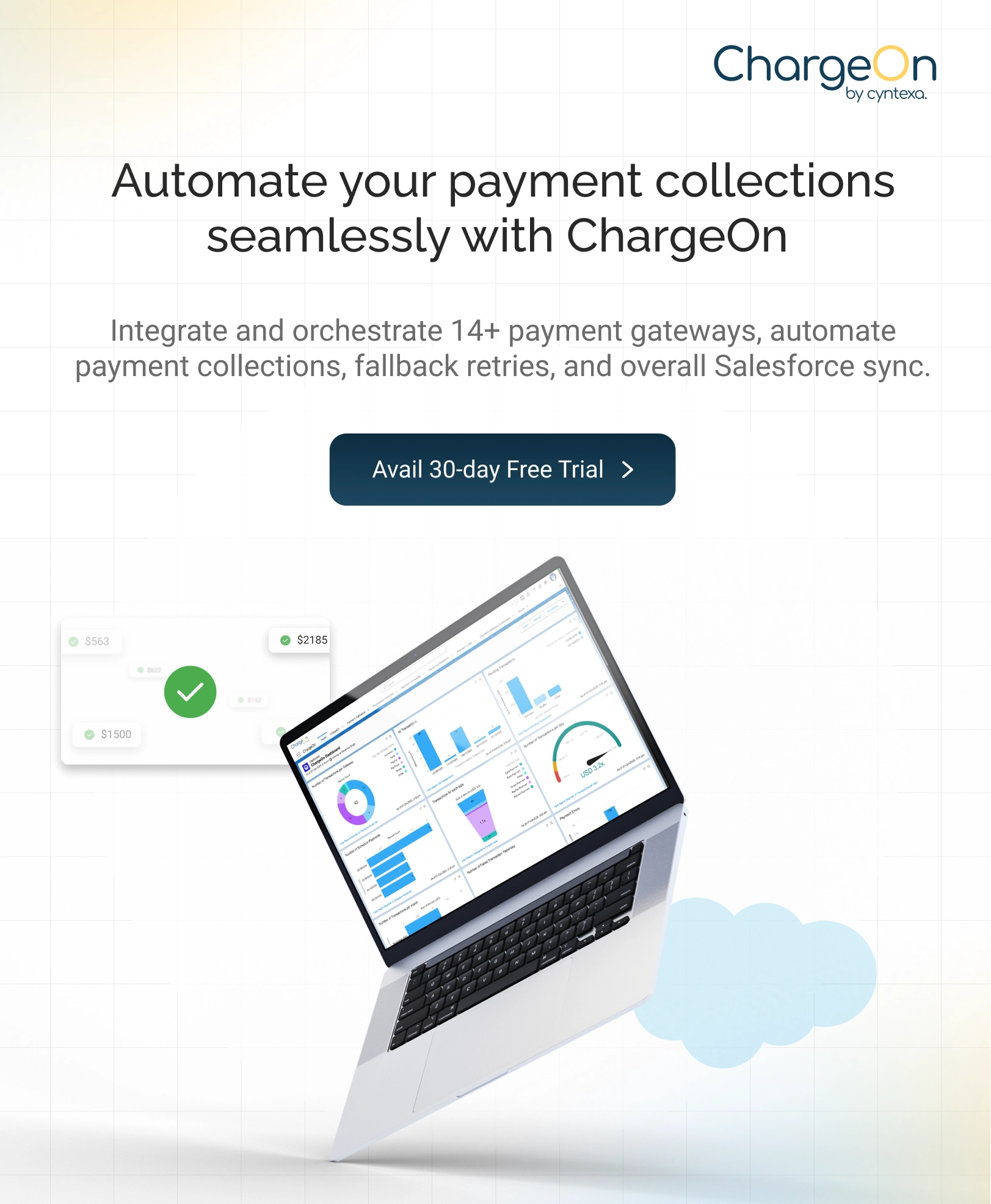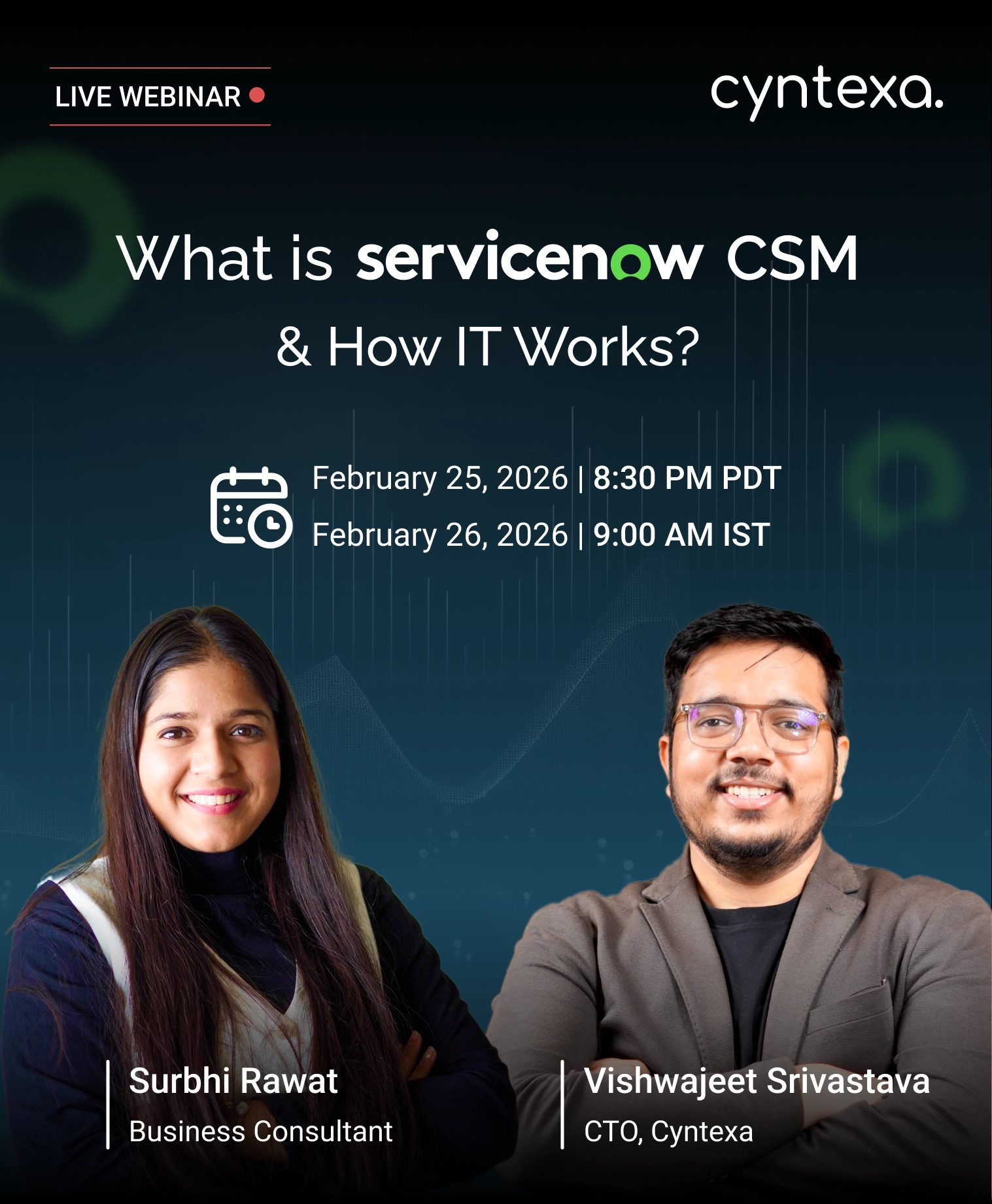How to Choose Managed Cloud Service Provider? Benefit, Factors to Consider, and Best Tips
Table of Contents
Today, businesses are increasingly adopting the cloud to enhance their operations and leverage the latest technologies. However, they still face a significant challenge in finding cloud management expertise. This hinders their growth and restricts them from using the cloud at its best potential.
According to a survey conducted by Vanson Bourne, 98% of organizations globally are facing cloud skill gaps. They are unable to find the right people, even those with general cloud management skills, limiting their ability to fully leverage the cloud.
To address these management skill-related challenges and ensure the optimal working of their cloud IT infrastructure, businesses are increasingly moving towards cloud-managed service providers.
These experts allow businesses to delegate their cloud management responsibilities and focus on core areas of their operations that fuel growth.
However, with so many options available, choosing the right cloud-managed service provider is not easy. To help you decide the same, this blog guides you through the benefits, factors, and best practices for choosing the right cloud MSP.
Let’s dive in!
What is a Cloud Managed Service Provider?
A cloud MSP is a third-party organization that handles the complex IT operations of your private or public cloud environment.
They manage and optimize your cloud IT infrastructure with the latest features and upgrades so that you can make the most of it, reducing the tech burden of your internal teams.
Starting from evaluating your existing cloud infrastructure, continuously monitoring it, ensuring its smooth functioning, and providing support, they offer you a full range of cloud managed services.
The Primary Duties of Cloud MSP


1. Infrastructure Management
MSP in cloud computing starts by carefully listening to your requirements and further designing the infrastructure that aligns with your business goals.
They manage the cloud IT components that comprise an infrastructure, such as the interface, computing power, network, servers, and storage, and use advanced tools to monitor their performance. They determine whether your applications, data, and workflows are working smoothly over the infrastructure or if there is any hindrance that must be catered to.
Cloud MSP ensures that your infrastructure is updated with the latest technology, is well optimized, and is scalable to support future changes.
2. Configuring Permissions, Security, and Compliance of Your Cloud IT Infrastructure
Cloud management service providers are responsible for configuring your infrastructure’s permission set to the right people. They establish permission controls, allowing only the right person to make modifications to the system.
Furthermore, they perform regular security monitoring of your system and establish cloud security solutions such as data and network encryption, firewalls, and more, eliminating cyber threats to hamper the working. With this, your data is protected against data breaches and unauthorized access.
A managed cloud provider is also responsible for ensuring that your infrastructure meets the regulatory compliances and latest industry standards, such as HIPAA, PCI DSS, and GDRP, to avoid any legal issues.
3. Data Backup and Disaster Recovery
Cloud computing MSP is responsible for creating data backup strategies as to when and how frequently the data will be backed up. They determine where it is stored and which data is useless and should be avoided. Moreover, they establish automated data backup tactics and allow versioning so that you can restore previous versions if needed.
Additionally, they create data recovery plans on your behalf, supporting system recovery in case of any disaster damage or system failure.
4. Identifying Areas of Improvement
As these providers continuously monitor your cloud infrastructure, they are proactive in identifying improvement opportunities. As a result, they recommend various optimization strategies or cloud services such as Iaas, Paas, and Saas, further determine whether they will work best for your business, and then implement them for you.
Benefits of a Cloud Managed Service Provider
Partnering with a cloud-managed service provider can offer you a multitude of benefits. Let’s explore them:


1. Help You Save Costs
Outsourcing the management of your cloud IT infrastructure reduces the costs associated with in-house teams. This means you do not have to pay salaries, provide additional benefits, or invest in training.
By choosing a cloud-managed service provider (MSP), you’ll have access to flexible pricing options, allowing you to pay only for the services you use.
Additionally, you have the flexibility to choose additional services based on your needs. For example, if you only need network and storage maintenance and not overall cloud infrastructure maintenance, you can discuss this with your service provider and only pay for the specific services you are using.
2. Technical Expertise and Skills
Managing your cloud IT infrastructure processes can be a daunting task for you. This requires extensive technical knowledge and skills.
Cloud management service providers have a team of certified professionals with in-depth knowledge of cloud computing and related platforms such as GCP, AWS, and Azure. They are updated with the latest innovations and advancements happening in these platforms and ensure their deployment in your infrastructure. Plus, they oversee that your infrastructure is maintained using the latest and best practices.
Moreover, they can quickly identify and resolve issues, minimizing downtime and ensuring smooth working.
3. Business Continuity
Cloud MSP helps ensure business continuity through various practices. With secure backup and disaster recovery, a managed cloud provider can restore your data in minutes, reducing downtime. They also use failover systems to keep everything running smoothly during disruptions.
This is one of the key factors that you must consider when choosing a cloud management service provider.
Moreover, by offering 24/7 monitoring and support, cloud MSP assists you and fixes problems before they cause serious issues in the system.
All these practices, followed by cloud computing MSP, help your infrastructure and business run smoothly.
Bonus Related: How A Cloud Consultant Can Improve Your IT Operations?
How to Choose a Cloud Managed Service Provider
Before you make your final decision for choosing a cloud MSP, you must evaluate your options based on the following factors:


1. Industry Expertise
Consider opting for a cloud MSP that specializes in your particular industry domain rather than choosing a general MSP. They are well-versed in your industry requirements and would cater to the challenges efficiently. They can implement and optimize your infrastructure according to the industry’s best practices, helping you achieve a competitive advantage over others.
2. Adheres to Security and Industry Certifications
You must check whether the managed cloud provider adheres to relevant security standards, compliance standards, and industry certifications. These certifications act as proof that the provider is genuine and ensures data protection and operational excellence.
3. Service Offerings
Another factor to evaluate is the cloud-managed services they are offering. You must see whether their offerings match your business requirements or not. Do they offer the relevant management services that you are seeking?
A good cloud MSP offers comprehensive cloud-managed solutions, including infrastructure management, network and storage management, access management, and more. This eliminates the need to partner with multiple managed cloud providers for different services.
4. Cloud Support and Partnerships
Gain insight into the cloud partnerships of the provider. To know the same, you can go through their website or consult them, gaining insight into the top companies they work with.
Consider asking: What cloud platforms does it offer services for? Are they partnered with the cloud vendor you are seeking support for? It might be Amazon Web Services (AWS), Google Cloud Platform (GCP), Azure, or others.
Many businesses leverage hybrid and multi-cloud environments or might plan to adopt them in the future. Therefore, cloud MSP must be able to cater to this complex management of multiple cloud environments and ensure seamless interoperability.
5. Pricing and Cost Structure
It is one of the prominent factors to consider when opting for a cloud-managed service provider, as it directly impacts your business requirements.
Ensure that the cloud computing MSP is not rigid with its pricing models and offers scalable pay-as-you-go pricing. This flexibility will help you save costs by only paying for the services you are opting for.
The pricing might also be influenced by multiple factors, such as service level agreements, complexity of the infrastructure, management needs, and provider reputation. The longer the agreement, the more cost might be charged; however, discount options can be entertained. Considering the complexity of the infrastructure and your management needs, the provider might charge more, adding up to the cost. At last, market competition has a significant impact on pricing, and established providers may charge more while new entrants might offer you lower prices.
Moreover, you must evaluate the cost against the services and their quality you are getting. Try adjusting your budget so that it suits the best for you and the provider.
Tips for Choosing a Cloud MSP


1. Assess Your Current Infrastructure and State Requirements
Start by evaluating your current cloud IT infrastructure and its components. See what areas lack performance and what improvements you expect from a managed cloud provider.
State your requirements and goals clearly with the partner. Offer them a clear picture of what cloud-managed services you are planning to leverage from them. Consider highlighting the areas in which you need improvements.
Moreover, state your management requirements clearly, whether you want to delegate your overall management or require particular component management, such as networking or storage.
2. Research and Allocate Budget
After assessing and stating your specific goals, consider researching for top service providers. Look out for them locally or remotely, as per your location and regional preferences.
Further, plan your budget as to how much you are ready to spend or pay to the partner. Evaluate the listed providers based on the above-stated factors and narrow down your options with the best ones that suit your requirements.
3. Ask the Right Questions
Consider asking these questions to the potential cloud MSPs:
- What certifications do you possess that demonstrate expertise in the cloud platforms?
- How do you optimize the total cost and provide cost savings?
- What security measures and compliance certifications do you possess that can ensure the safety and security of my data?
- How do you support new products, maintain vendor relationships, and keep your engineers trained and certified?
- What is your support team’s responsiveness and technical knowledge?
- How reliably do you respond to business disruptions and security incidents?
- How frequently do you conduct business meetings to discuss strategy and performance?
Add up additional questions that you have in mind and seek their answers. It is important to clear out your expectations with the managed cloud provider, as it helps build trust and long-term commitments.
4. Consider a Pilot Project
When you have narrowed down your options, start with a small pilot project to test cloud MSP’s capabilities before committing to a full-fledged project. Allow them to work for you for a short duration of time or at a particular instance of your infrastructure, and judge their expertise and skills.
See whether they can meet your requirements, timelines, and budget during this project duration.


Conclusion
Choosing the right cloud MSP can significantly impact your business’s cloud adoption journey. They can ensure optimal performance of your cloud IT infrastructure and help you make the best out of your cloud investment.
Selecting the right provider for your business is surely a crucial decision. Therefore, understanding how they benefit your business, evaluating multiple managed cloud providers on key factors, narrowing down your approach, and following the tips shared can help you make an informed decision that aligns the best with your business goals.
Also, you must note that the right provider should not only ensure seamless cloud operations and management but also work on optimizing the security and scalability of your cloud infrastructure while offering cost-efficiency. They must be transparent with their service offerings and ensure their optimal quality.
But not all providers are created equally. With a team of 400+ cloud experts, Cyntexa is a top cloud-managed services provider globally. Our team works closely with you to understand your business requirements and offer tailored cloud-managed services designed to meet your unique business needs.
Don’t Worry, We Got You Covered!
Get The Expert curated eGuide straight to your inbox and get going with the Salesforce Excellence.
AUTHOR
Tanushri
Head of Growth And Strategy
Tanushri heads Growth and Strategy at Cyntexa, with over 6 years of experience in sales and marketing. She specializes in aligning go-to-market teams, scaling revenue operations, and building structured, tech-enabled growth plans. Tanushri also advises businesses on Salesforce, ServiceNow, AWS and Google Cloud adoption, ensuring each strategy is execution-ready, future-proof, and tailored to the organization’s maturity and growth goals.


Cyntexa.
Join Our Newsletter. Get Your Daily Dose Of Search Know-How
Frequently Asked Questions
Yes, the service offerings by a cloud management provider can easily be customized as per your needs. You can ask them to offer tailored services that are centered on your business goals, and you are likely to pay only for those services.
A cloud service provider offers you cloud-based services such as infrastructure-related services, platform-related services, or software-related services. They are responsible for managing the infrastructure of your cloud.On the other hand, a cloud MSP manages, maintains, and optimizes the IT infrastructure of your cloud, i.e., the networking, security, and other key elements that make your infrastructure.









